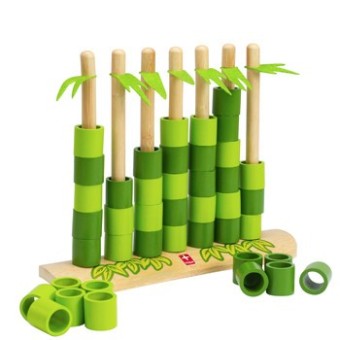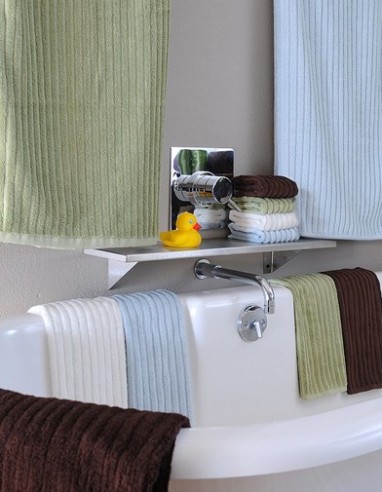Our last blog explained why “multinational investments”- or moving a factory overseas to incur cheaper production costs- is a nasty, slippery slope. Although products made in the USA have long had a reputation for sturdiness and high quality, the trend of outsourcing factory work to other countries (specifically China, Taiwan, and India) has lent itself to the vast majority of companies. With so many goods being manufactured this way, it’s hard to find products that are made domestically, in sanitary and humane conditions, by well-paid, happy workers. Let The Greener Good help you out with that!
Allow us to introduce Locally Grown, the sustainable star of our store! This altruistic clothing company trumpets the importance of buying locally-made goods, supporting family farmers, and engaging in sustainable production methods. Locally Grown sources and manufactures all of their products in the USA, rebelling against the outsourcing majority in favor of boosting local farmers and artisans. Their clothing is super high-quality, and made by midwestern workers in the United States who embrace the values of pride, courage, and respect for our planet.
For the truck-and-tools lover in all of us, Green Toys delivers fantastic playthings made from recycled milk jugs. Not only are these toys recycled, packaged minimally, and tested rigorously for safety, but they’re also 100% made in the good ol’ U-S-and-A. Produced in California, Green Toys strives to save energy by avoiding the need for overseas transport of their products. The milk containers are collected from the Californian Milk Jug Mines (also known as recycling companies), and manufactured in-state. What could possibly delight a child more than knowing that her pink dump-truck is sustainably made and environmentally friendly?
If you’re keen on finding out what you can do to save the USA from slipping into the impending doom of a trade crisis, check out this Friday’s blog for more about Buying American, or drop by The Greener Good to ask one of our associates about our domestically-made products!








